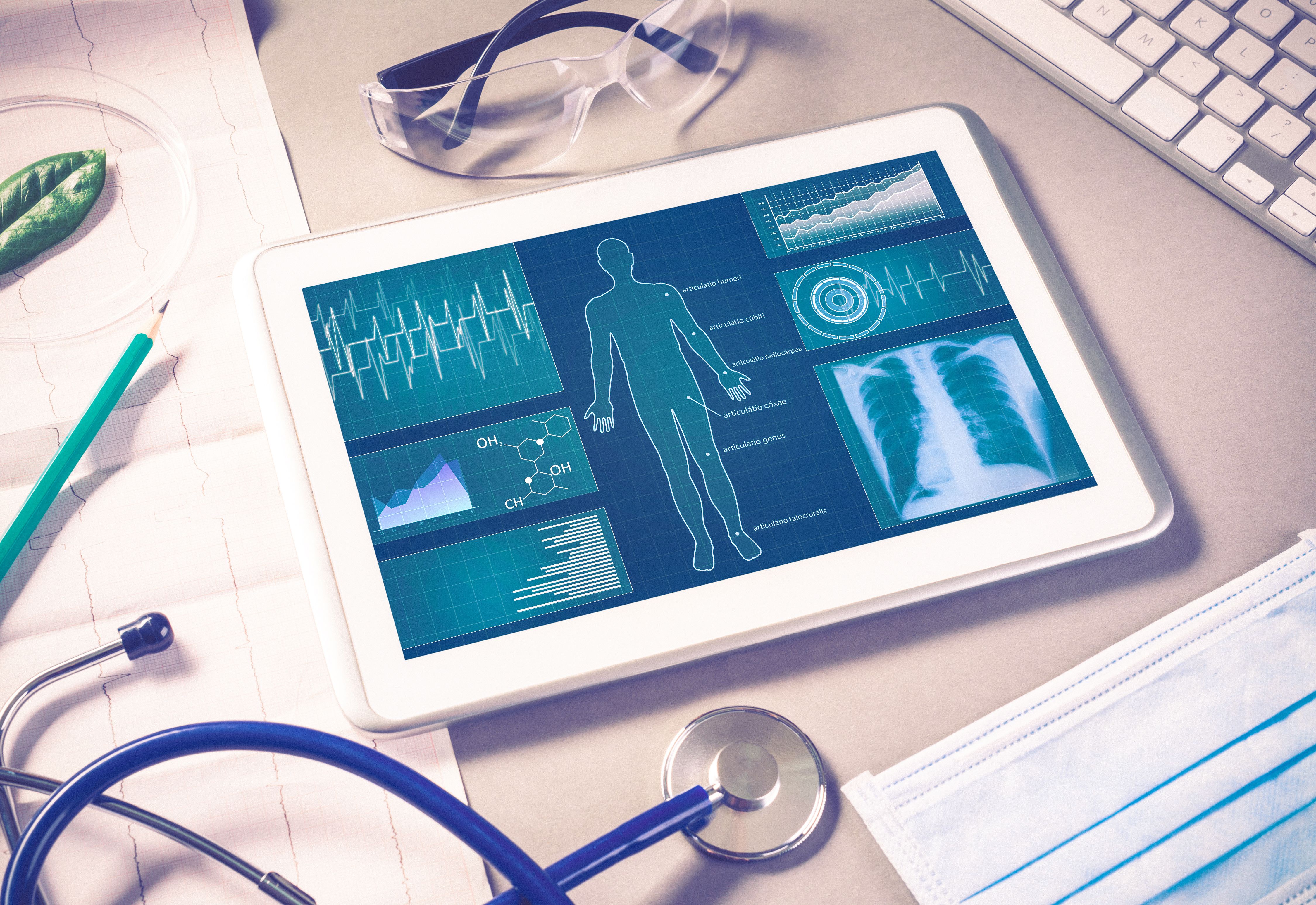Safety assessment of an implant for clinical research and cardiology
Symptoms of heart failure are often attributed to advancing age and are thus not taken seriously – but heart failure is a serious, life-threatening condition. A particularly high mortality risk is associated with this condition in conjunction with diabetes: between 25 and 50 percent of these patients die within the following 3 to 5 years.
The development of healthcare solutions for people with heart failure is thus of pivotal importance. Only one in ten candidate drugs tested in phase-I clinical trials reach market maturity, at extremely high costs and after a lengthy trial period (up to 15 years). Approved drugs, however, often reveal a lower efficacy in daily healthcare routine than during the clinical trials, a phenomenon referred to as “efficacy-to-effectiveness gap.” The AI-powered exploitation of real-world data – data collected in real-life clinical practice – is aimed at making a significant impact on the real-world effectiveness of treatments for heart failure patients and at the same time leveraging savings in the amount of billions of euros.
 Fraunhofer Institute for Toxicology and Experimental Medicine
Fraunhofer Institute for Toxicology and Experimental Medicine
